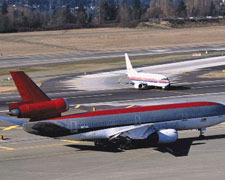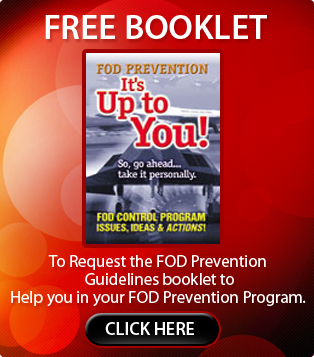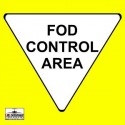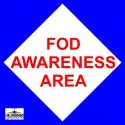A few commercial airlines are leading the way in FOD prevention.
Qantas, Air New Zealand, FedEx, United Parcel Service, Delta and United all had representatives at the 21st National FOD Prevention Conference held Aug. 8 through 10 in Orlando, Fla.
But with 1,500 commercial airlines worldwide, it’s questionable whether they collectively are doing their part to keep taxiways and gates clear of FOD. That was a consistent theme among the conference participants.
For example, British Airways recently began a computerized safety reporting system whereby pilots and engineers constantly monitor the flying of aircraft and report any problems. But, the advanced tracking system doesn’t include FOD incidents, according to a company spokesman.
Many FOD incidents go unreported, experts say, making the extent and cost of FOD
difficult to track. The Federal Aviation Administration requires that airlines and airports prevent FOD and safety hazards created by debris, but there are no mechanisms with which to track and enforce this mandate.
 Imagine a nail in a blender. This is FOD—foreign object debris/damage. Anything—from tools to baggage parts to catering supplies—that can be sucked into a plane engine, potentially injuring people and damaging planes. It costs airlines about 4 billion dollars every year in damaged aircraft, flight delays and cancellations, and legal fees. Plus, it puts millions of lives at risk.
Imagine a nail in a blender. This is FOD—foreign object debris/damage. Anything—from tools to baggage parts to catering supplies—that can be sucked into a plane engine, potentially injuring people and damaging planes. It costs airlines about 4 billion dollars every year in damaged aircraft, flight delays and cancellations, and legal fees. Plus, it puts millions of lives at risk.



